
Life and death – and the meaning of it all – are the biggest topics an artist could hope to uncover. But photographer Nick Meyer, as an unflinching witness, defines the indefinable with a visceral flair. His new book, Either Limits or Contradictions, finds purpose in the everyday hum and gives meaning to the inconsequential. It’s an elegy to loss and to a life well lived – in all its volatile, messy glory.
The book began to take shape after Meyer lost two significant people in quick succession; his mentor, the photographer and teacher, Larry Sultan and months later, his father. These losses focused his work, which had begun to take shadowy form more than five years previous. But Meyer is hesitant to give the ‘smiling mortician’ too much prominence. “It’s also about growing up, slowing down,” Meyer tells TIME. “It’s about that shift in life where your parents die and everyone around you is having kids.” The temporality of relationships and experiences are acutely felt in Meyer’s lyrical images and intelligent edit. The gear-change from carefree days by the water to a more deliberate pace of life is palpable.
The work is told in three chapters; each marking a definitive shift in life’s focus. The first part, We Won’t Need Bright Light, Gonna Make Our Own Lightning, excerpted from Neil Diamond’s Cherry Cherry, is an appraisal of the indestructibility of youth – “creating what you want and not caring.” Part II, It is Heavenly Weather, taken from a Lawrence Ferlinghetti poem, marks a slowing down, an appraisal of life’s possibilities. “It’s supposed to cruise and be about stopping to look at the world and stopping to feel beauty,” says Meyer. The final part, Mists and Exhalations – from John Milton’s Paradise Lost – studies permanence and impermanence and the cyclical nature of life and death. “I didn’t want it to end on a high but I didn’t want it to end on a definitive period either,” he says.
Meyer’s photographs are hyper-personal and tenderly nuanced to his own reality. Ever since his school days, he’s photographed those close to him, upon the instruction of a teacher who told him: “You should just take pictures of your friends.” This familiarity gives Meyer the access to take revealing, intimate images. But the death of a parent, the birth of a first child, the search for life’s meaning are all, by definition, universal. “There’s nothing that makes me special,” he says. “And that’s sort of the point. We all experience things. We are all looking for that relatability.”
Though Meyer is close to those he photographs, it’s the balance of the known and the unknown that he seeks out. And any ownership of his subjects is relinquished once they’re committed to film. “They become something other than yours, especially when you’re giving it to the world,” says Meyer. With that in mind, the recurring characters ultimately become abstract; a representation of “whomever, whatever”. Similarly the backdrop – mostly Massachusetts – could be anywhere. The bucolic beauty of New England forests or the otherness of Californian desert are part of Meyer’s story but are equally of no real consequence. “I like to leave that door a little bit open so you are able to find your own way into the pictures,” he says.
The transition into a more considered perspective in the later chapters is marked by Meyer’s withdrawal from the subject. “People become less important, I think; they’re less of the driving force of it,” he says. “It becomes more introspective in a lot of ways.” Nature takes center stage and the importance of light and color become stories in themselves. In this way, Meyer is a master of elevating the unexceptional to the exotic, calling us to see beauty in the routine. And sometimes it takes a photograph – or a photographer like Meyer – for us to pay attention.
Nick Meyer is a photographer working and living in Massachusetts. His book, Either Limits or Contradictions, is published by Daylight Books and is available for pre-order. It will be released on April 11.
Alexandra Genova is a writer and contributor for TIME LightBox. Follow her on Twitter and Instagram
Follow TIME LightBox on Facebook, Twitter and Instagram
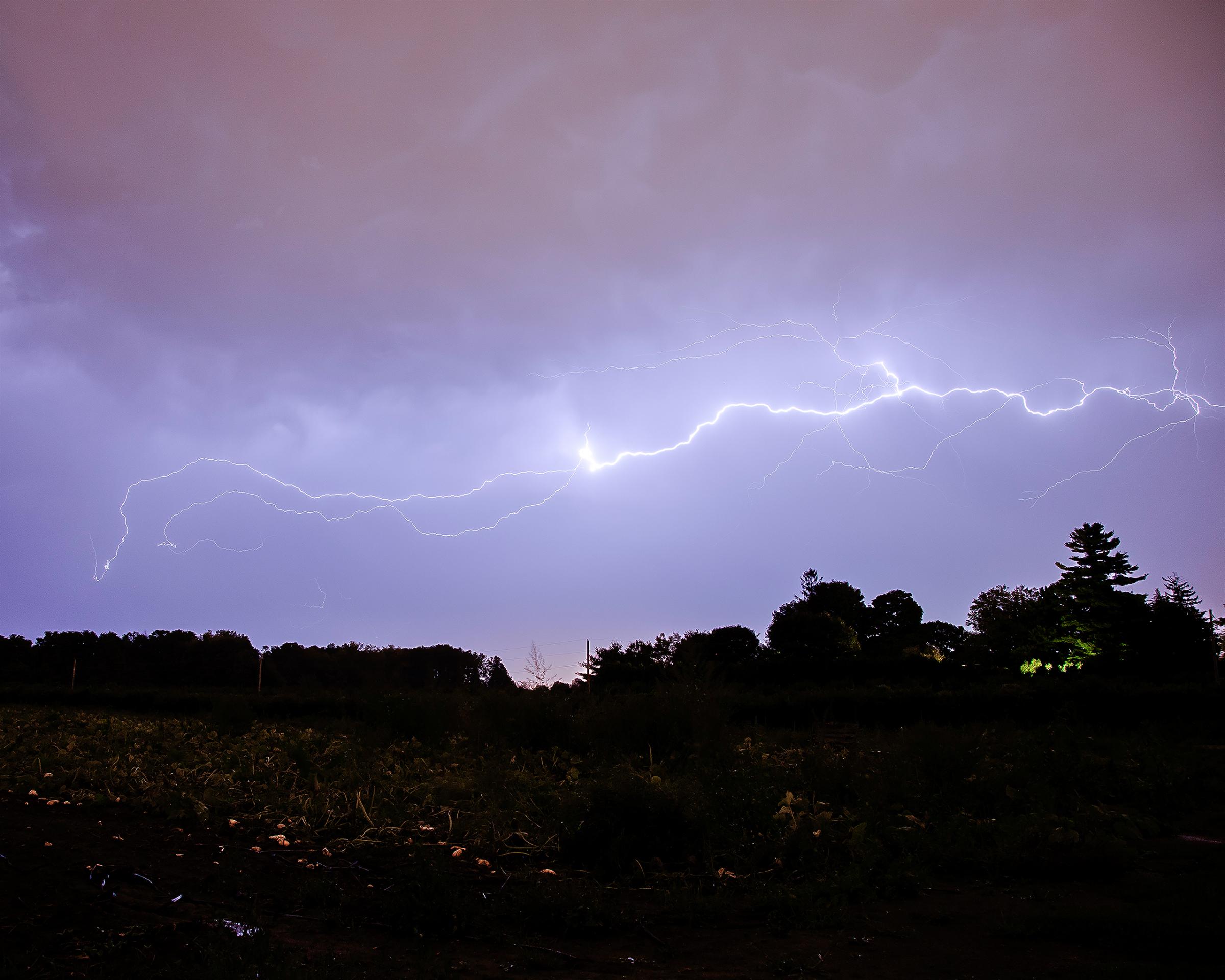




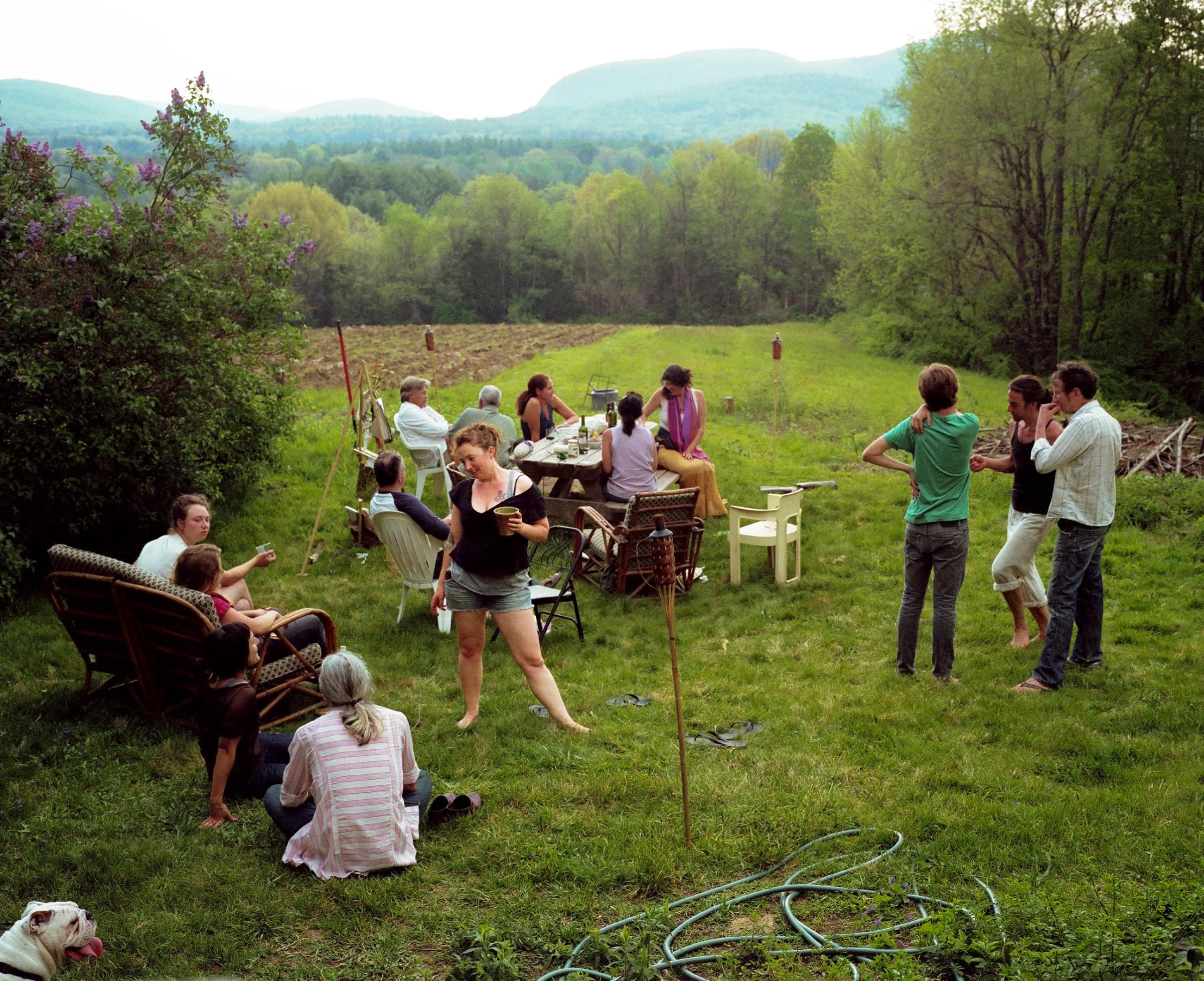
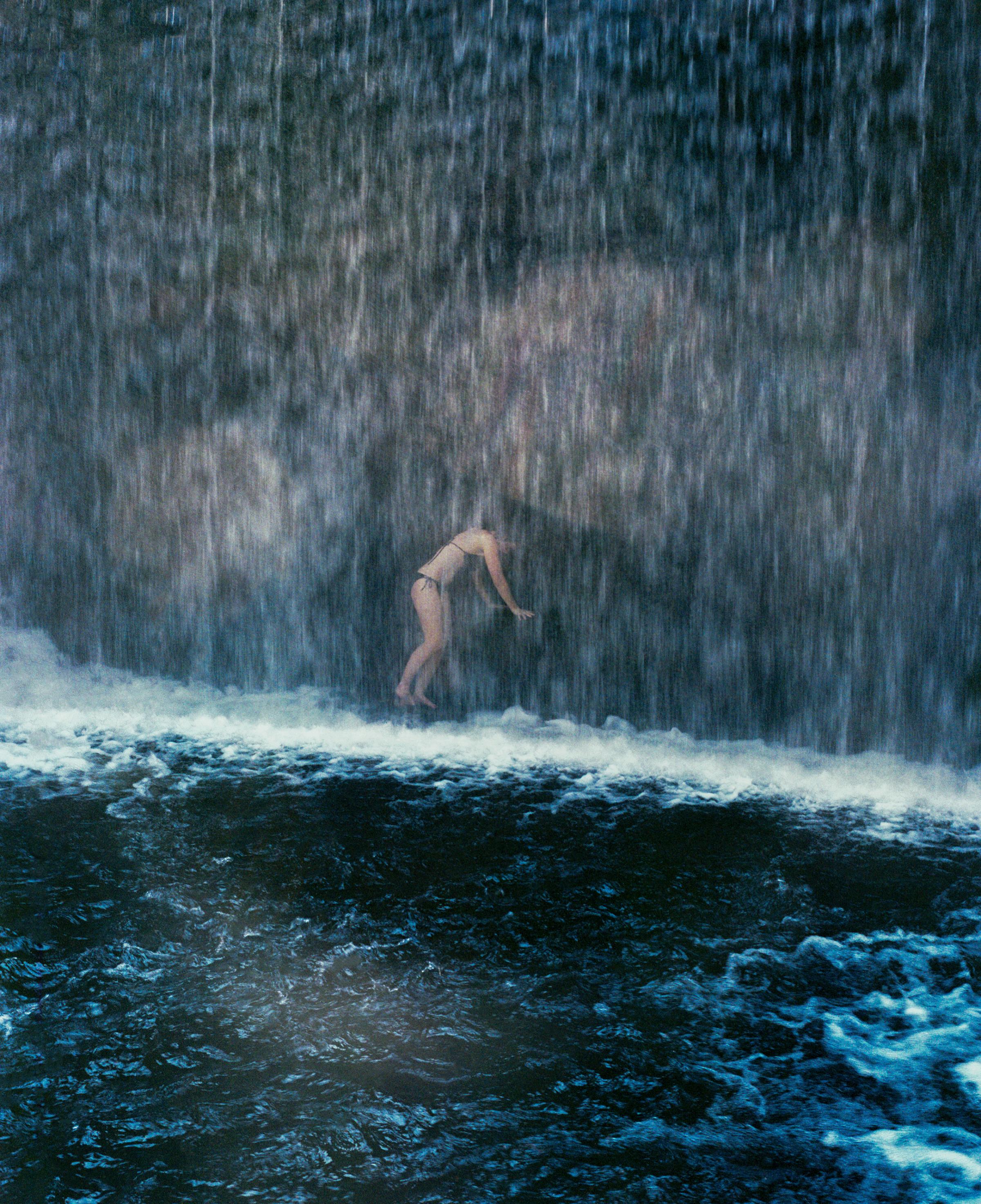
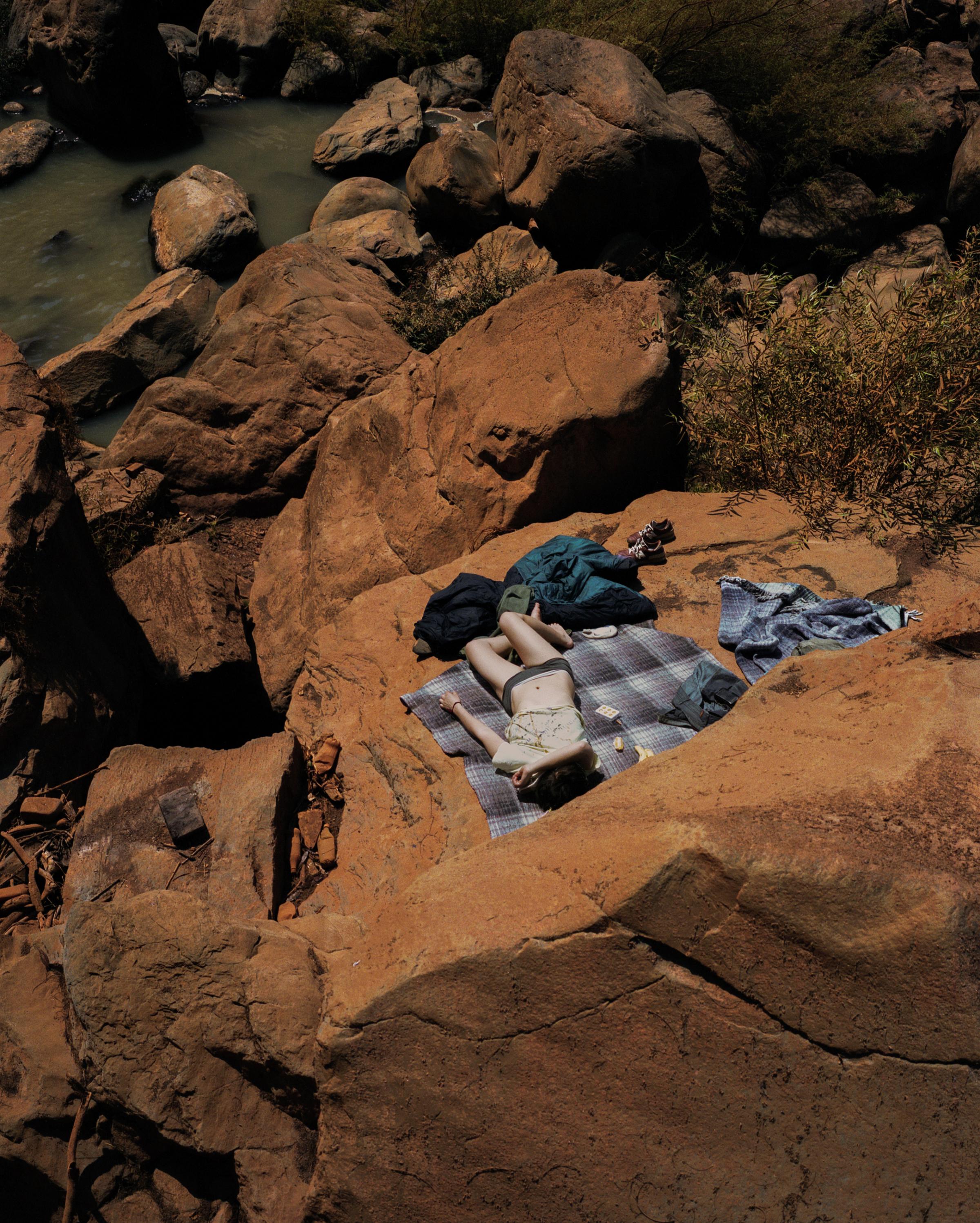



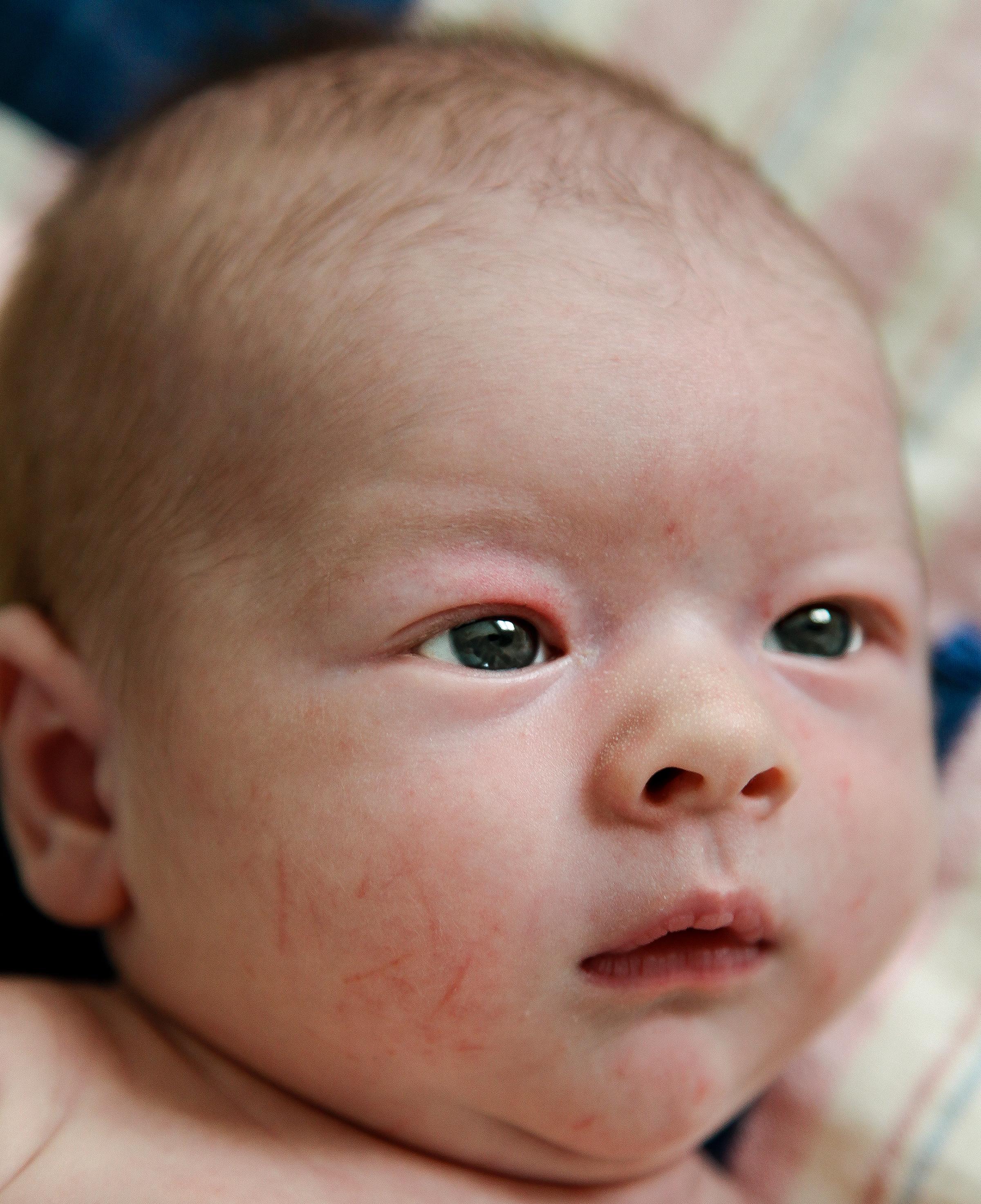



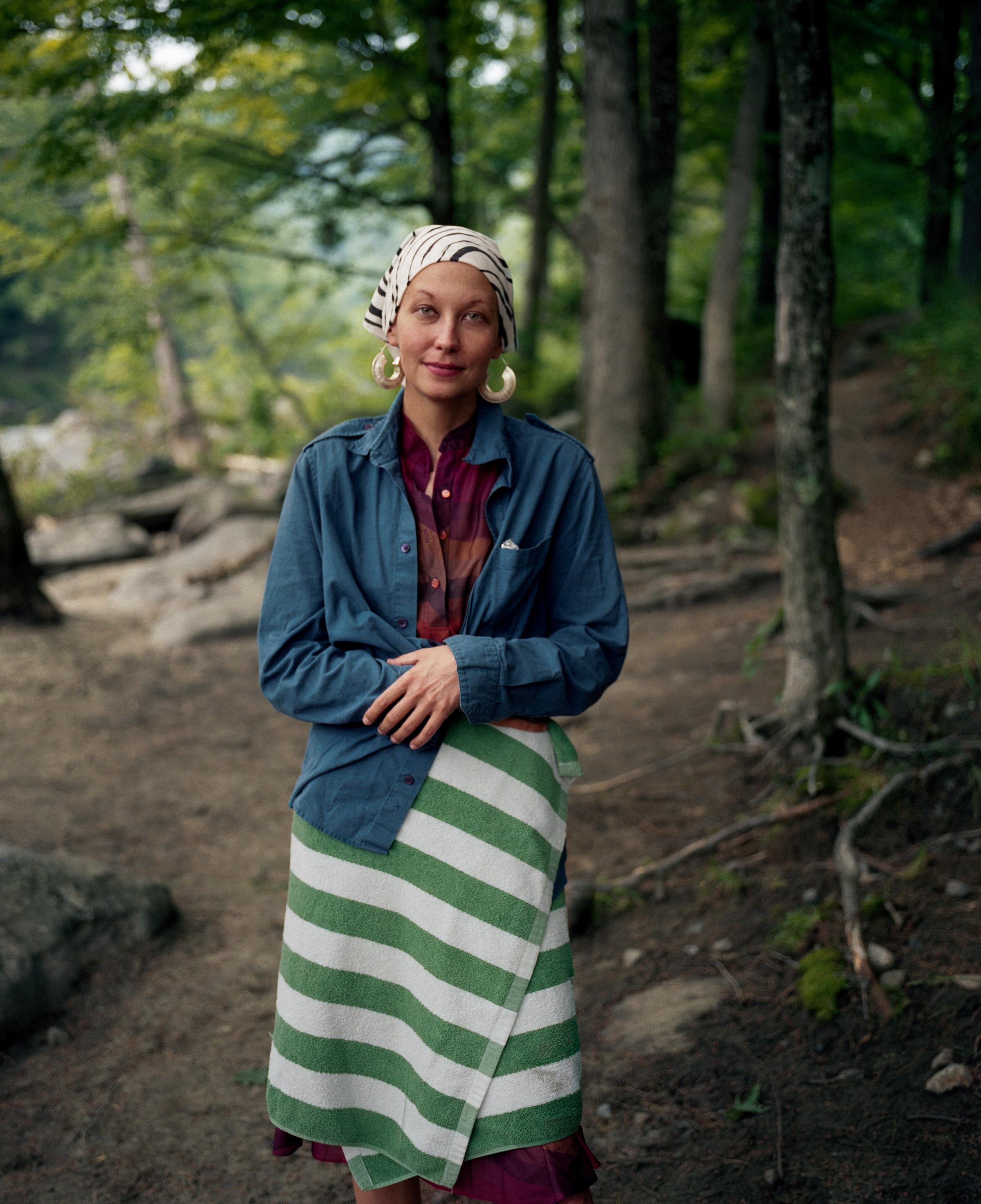
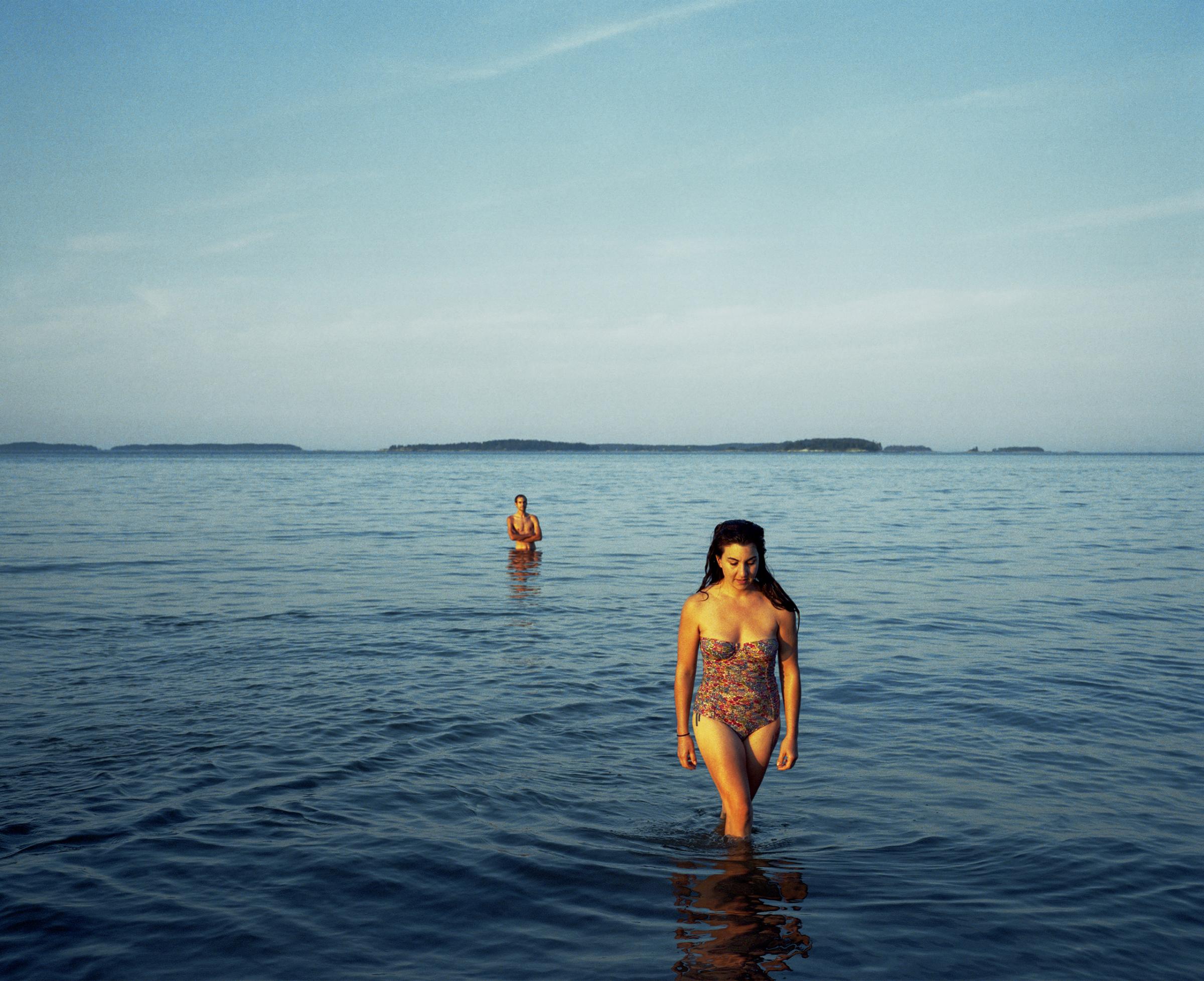
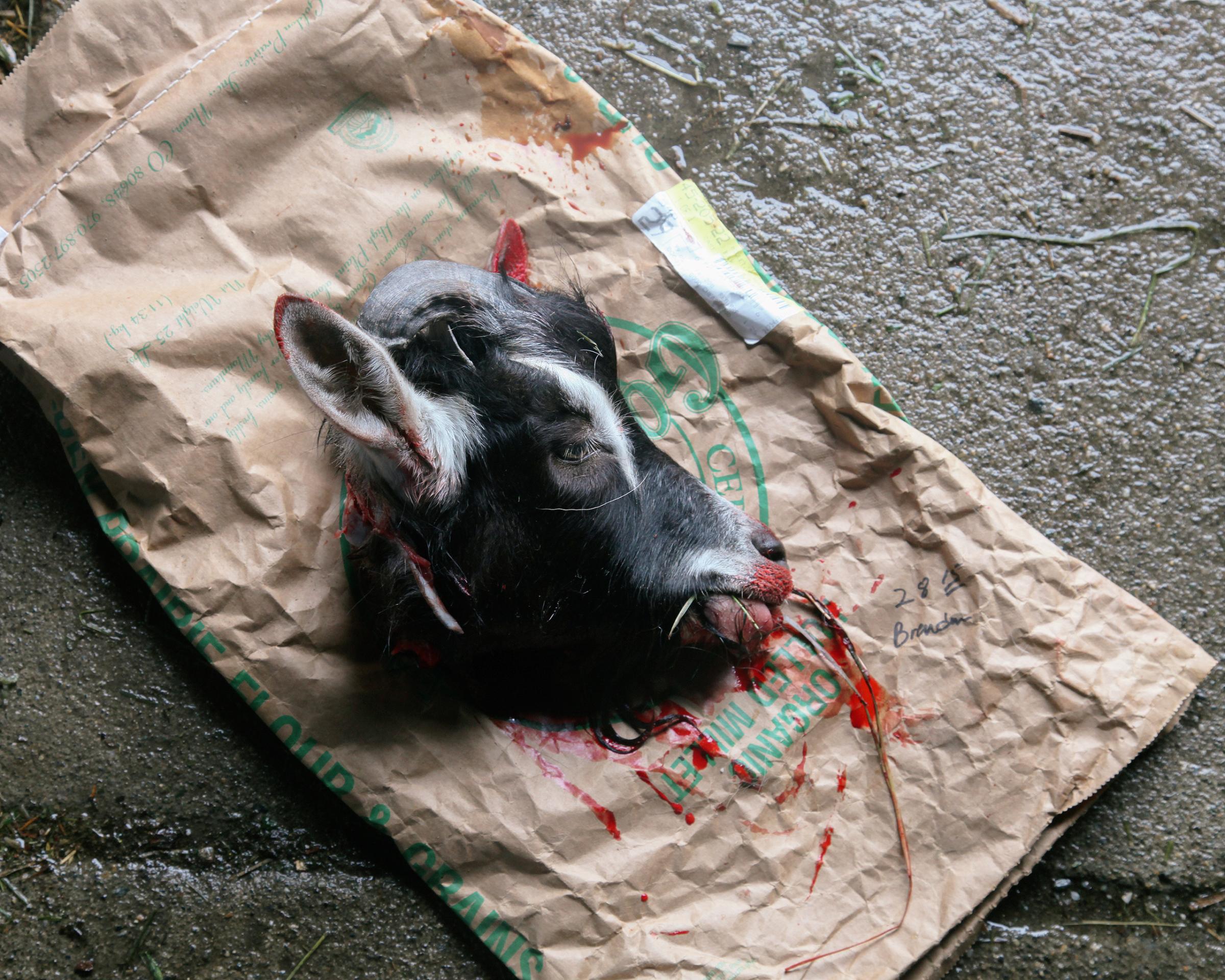
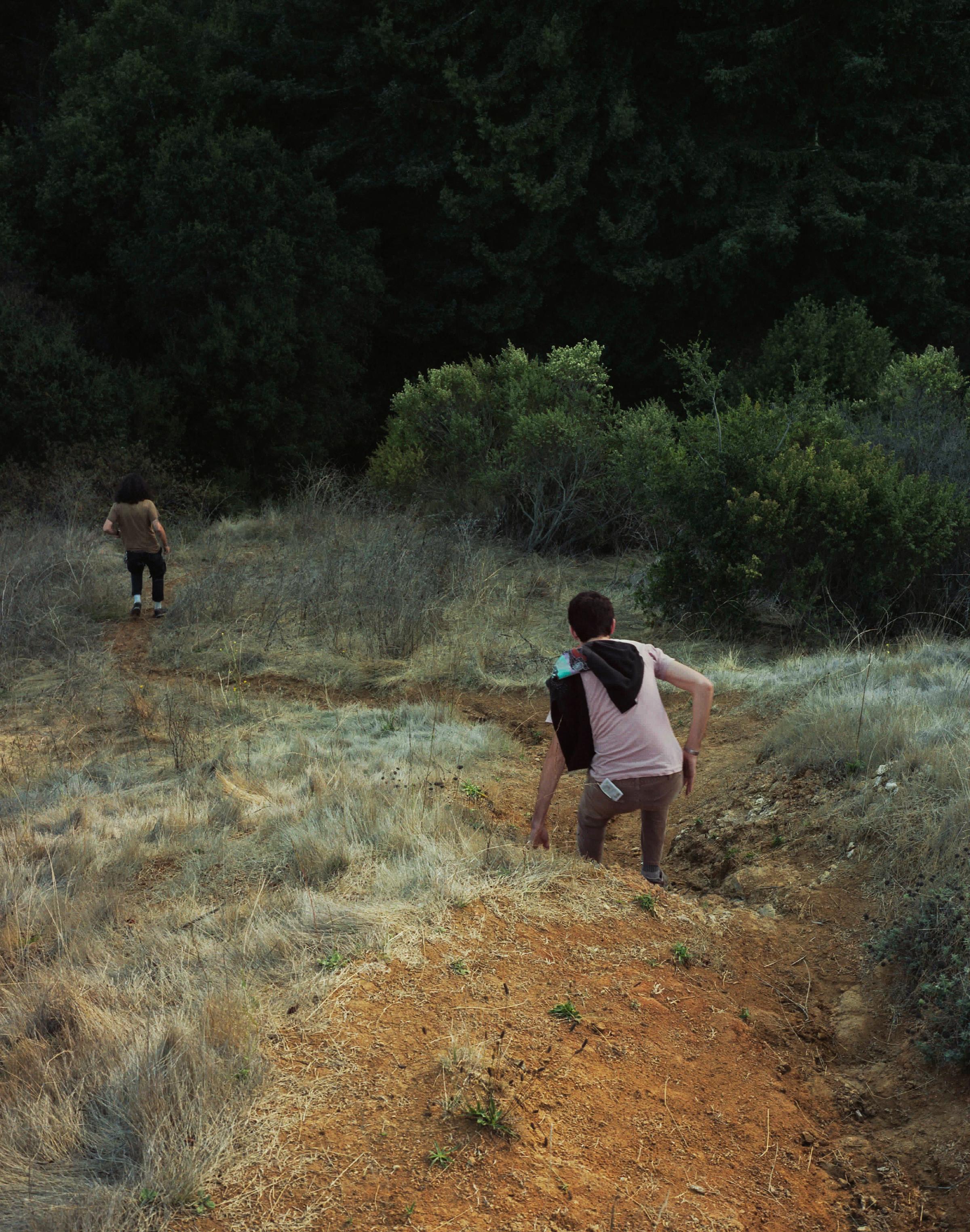
More Must-Reads from TIME
- Cybersecurity Experts Are Sounding the Alarm on DOGE
- Meet the 2025 Women of the Year
- The Harsh Truth About Disability Inclusion
- Why Do More Young Adults Have Cancer?
- Colman Domingo Leads With Radical Love
- How to Get Better at Doing Things Alone
- Michelle Zauner Stares Down the Darkness
Contact us at letters@time.com